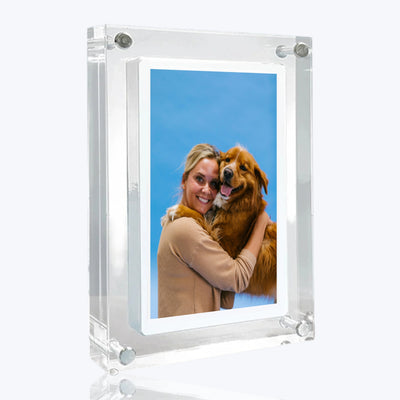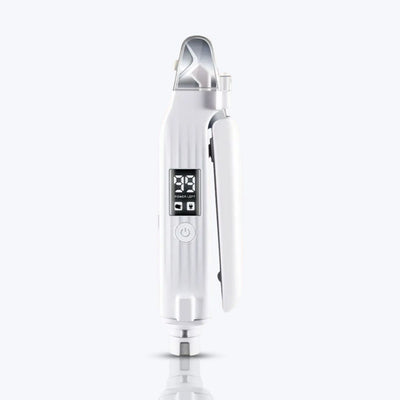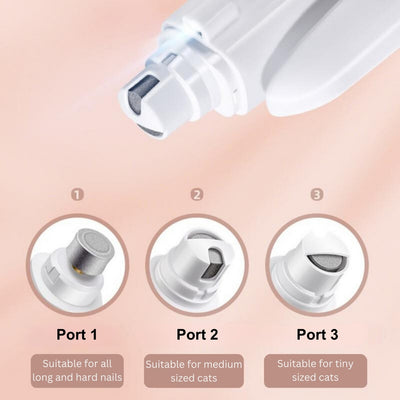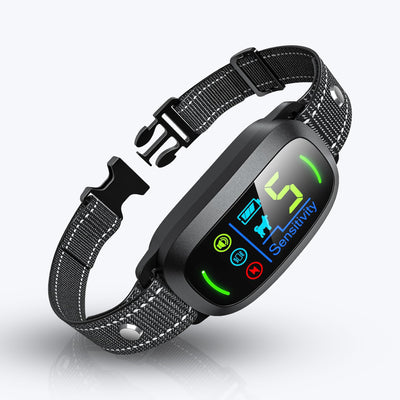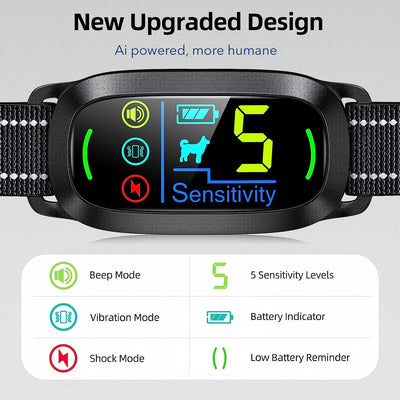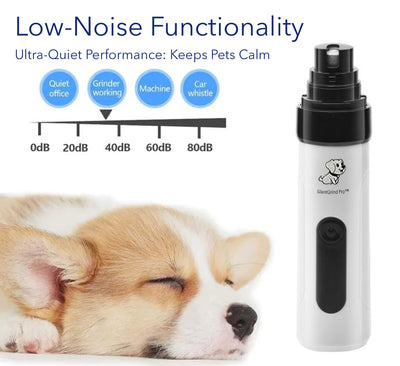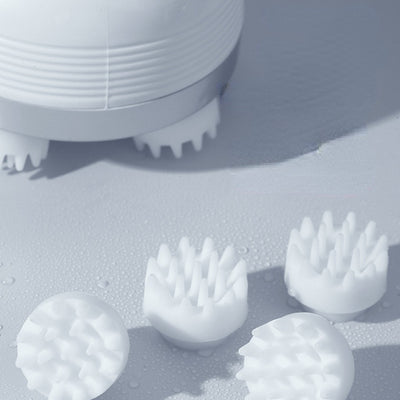When it comes to the health of our furry friends, hypothyroidism is an important condition to be aware of.
Hypothyroidism occurs when a dog's thyroid gland fails to produce sufficient hormones. This condition is more commonly observed in middle-aged and older dogs.
The thyroid hormones are essential for regulating various internal functions, including metabolism and heart rate. When hormone levels are low, it leads to impaired vital functions and the onset of symptoms.
Thankfully, with early detection and appropriate treatment, most dogs with hypothyroidism can enjoy a normal life expectancy.

Causes of Hypothyroidism in Dogs
The primary cause of hypothyroidism in dogs is lymphocytic thyroiditis, an immune-mediated condition.
This occurs when the immune system mistakenly attacks and damages the thyroid gland, resulting in inflammation and reduced hormone production.
Although the exact trigger for this immune response remains unknown, there is speculation of a hereditary component.
Another cause of hypothyroidism in dogs is the atrophy of the thyroid gland, where the functional tissue is replaced by fat. Veterinarians are still working to uncover the underlying reasons for this process.
While exceedingly rare, a pituitary gland tumor can lead to hypothyroidism. The pituitary gland, situated at the base of the brain, is responsible for secreting thyroid-stimulating hormone.
In dogs with a pituitary tumor, this process is disrupted, leading to insufficient stimulation of the thyroid gland and subsequent hormone production.

Symptoms of Hypothyroidism in Dogs
Hypothyroidism presents with a range of symptoms in dogs, including:
- Weight gain despite a normal appetite
- Accumulation of fat around the shoulders, neck, and hind end
- Lethargy
- Dull hair coat
- Slow hair regrowth
- Flaky and/or thickened skin
- Patches of hair loss (alopecia)
- Slow heart rate
- Cold intolerance
- Recurrent skin and ear infections
- Fertility issues
- Reduced tear production (dry eye)
- Nerve abnormalities
In addition, bloodwork may reveal elevated cholesterol, increased fat content, and mild anemia in dogs with hypothyroidism.
Treating Hypothyroidism in Dogs
The management of hypothyroidism in dogs involves oral supplementation with levothyroxine, a synthetic thyroid hormone.
This medication is administered on a daily basis and is generally affordable. The dosage, determined by the dog's weight, may require adjustments over time depending on the response to treatment.
Periodic blood tests assist veterinarians in assessing hormone levels and making necessary dosage modifications. Supplementation is necessary throughout the pet's lifetime.
Considering the predisposition of hypothyroid dogs to high cholesterol, transitioning to a low-fat kibble can be advantageous.
Additionally, incorporating omega-3 fatty acids into the diet promotes healthier skin and coat. For guidance on the most suitable food options tailored to your dog's specific needs, consult your veterinarian.

Life Expectancy for Dogs with Hypothyroidism
While hypothyroidism is an incurable condition, most dogs can lead fulfilling and extended lives with proper monitoring and treatment.
However, if a dog has additional health issues such as heart disease or kidney disease, managing hypothyroidism alongside these conditions may result in a shorter lifespan.
Without timely treatment, hypothyroidism can significantly impact a dog's quality of life, increase the risk of complications, and shorten their lifespan.
Early diagnosis is key in ensuring your pet receives the necessary treatment for a happy and healthy life.
If you observe any signs of hypothyroidism in your dog, it is crucial to seek veterinary evaluation promptly.


